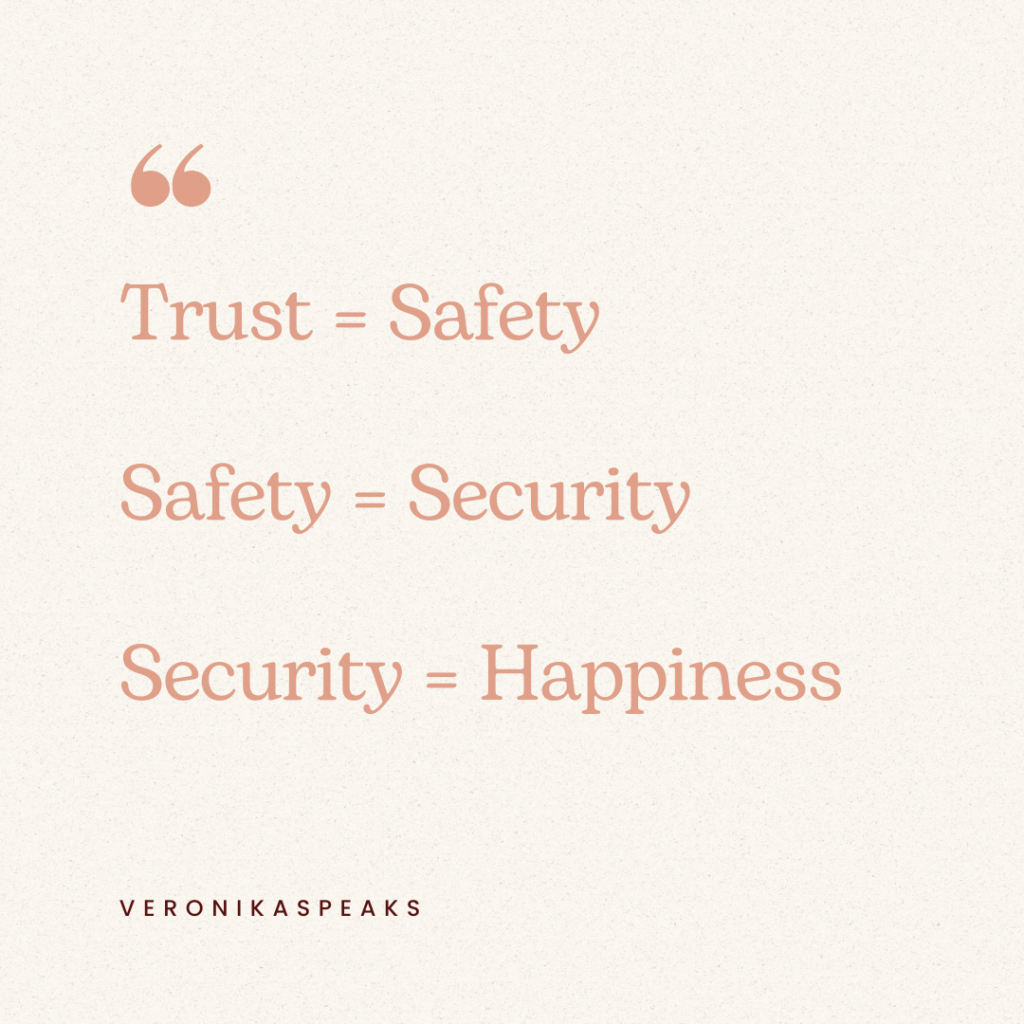
As I transitioned into adulthood, I understood that my trauma would inevitably influence my relationships. What I didn’t anticipate was how profoundly external forces would shape my life, often in ways far beyond my control. I used to view my trauma as a one-way street—something that I could manage by focusing inward, regulating my emotions, and striving for happiness. But I soon discovered that external triggers, like knives, could pierce through the progress I thought I had made. I believed that if I could just master my emotions, everything would fall into place. I was wrong.
I got caught up in society’s narrative that healing is about fixing oneself, and I dedicated myself to that task. However, as time passed, I found that the uncontrollable aspects of life—people, situations, circumstances—forced me to confront the harsh realities of processing trauma and discovering who I truly am.
For most trauma survivors, life becomes a relentless pursuit of erasing painful memories. It often feels like our sole purpose. But when uncontrollable factors intrude, they can reignite the cycle of trauma, compelling us to confront it anew until we find a way to process it. The journey of a trauma survivor is daunting and overwhelming. Our bodies are constantly in a state of high alert, guarding against potential threats.
To lower that guard, we engage in a process that resembles scientific inquiry. We form a hypothesis that trust is possible, but to validate it, we must assess and experiment with everything that triggers our fears. Over time, after much testing and observation, we determine whether trust is warranted.
This process, however, is far from straightforward. Emotions, which we can never fully control, begin to cloud our judgment. Sometimes we fall in love, or we find ourselves trapped in abusive situations from which we can’t escape. The experiment, once a methodical trial, becomes chaotic and prolonged. In our panic, we may sabotage what is good for us or succumb to what is harmful. It’s a paradox—freedom seems within reach when we sabotage, yet in the sticky situations, it feels entirely out of reach.
Every day, we are our own trauma scientists, navigating a world where safety, not happiness, is our ultimate goal. Only when we find safety can we truly experience happiness.
+ Trust equals safety, safety equals security, and security equals happiness.
Overcoming the illusion of a distorted reality